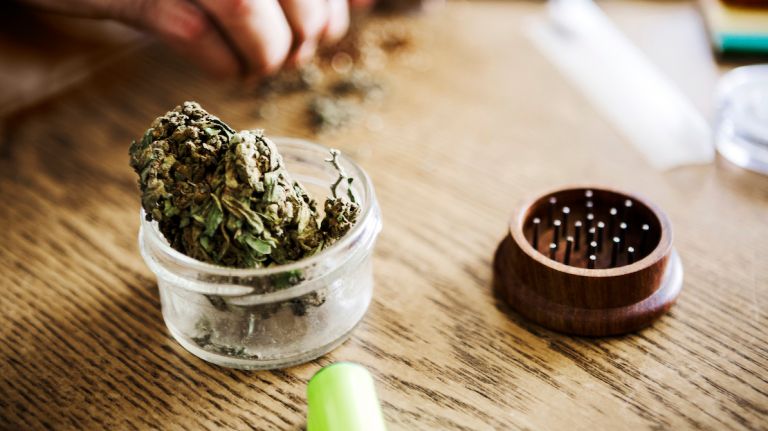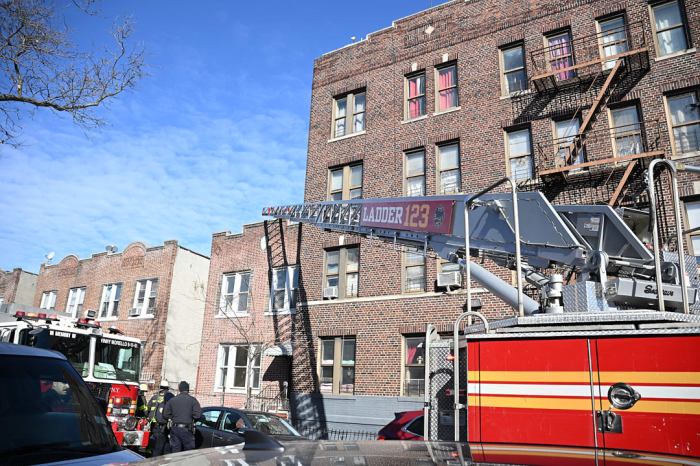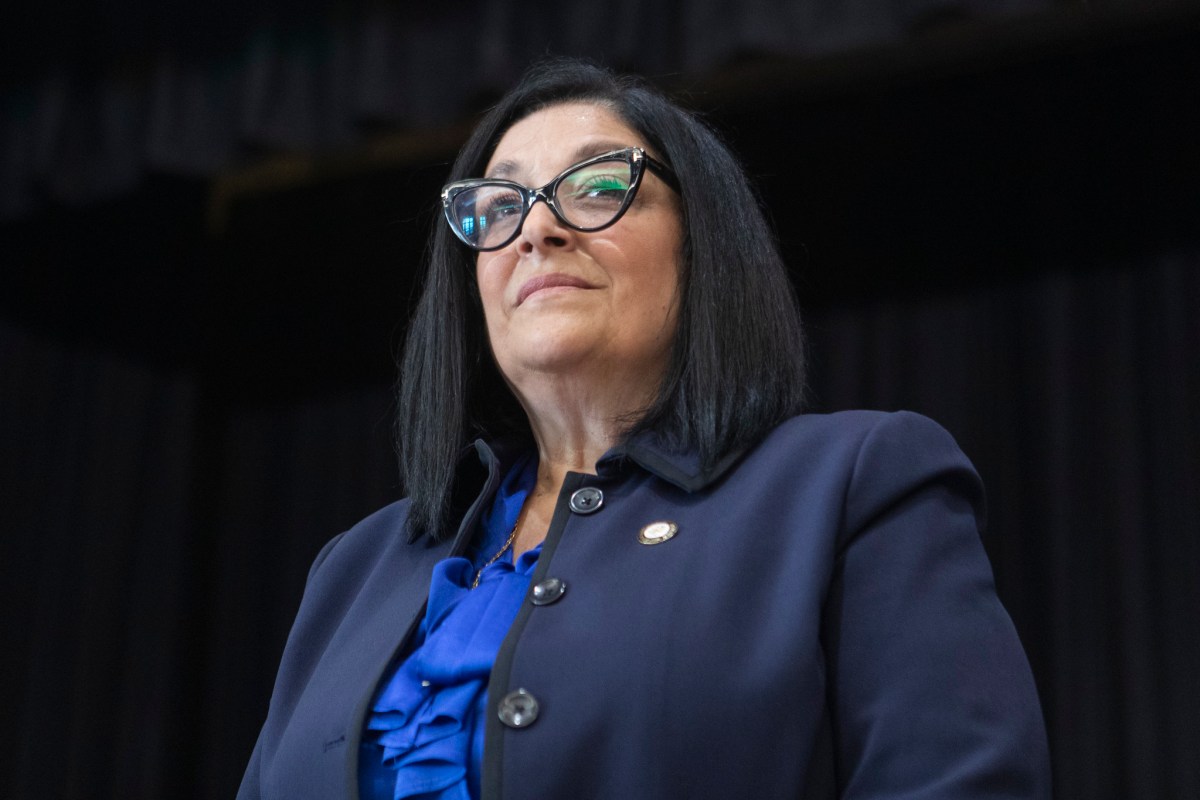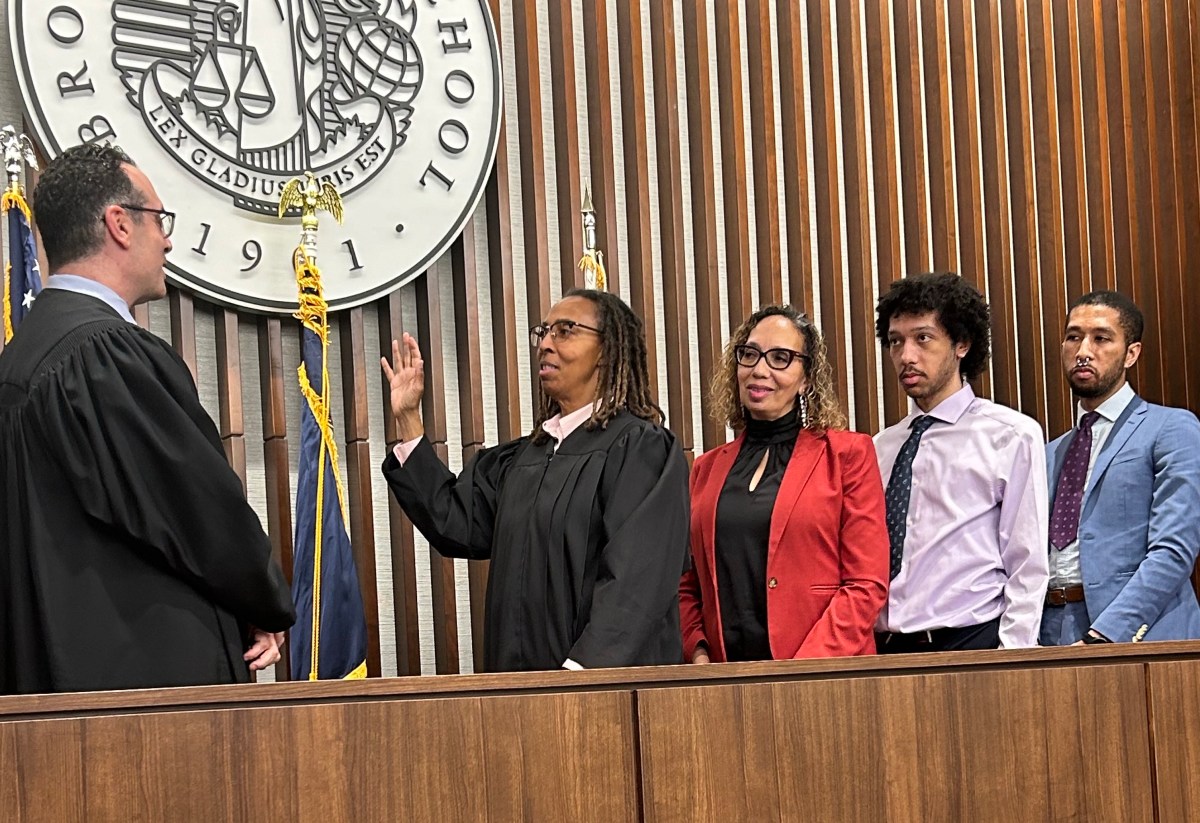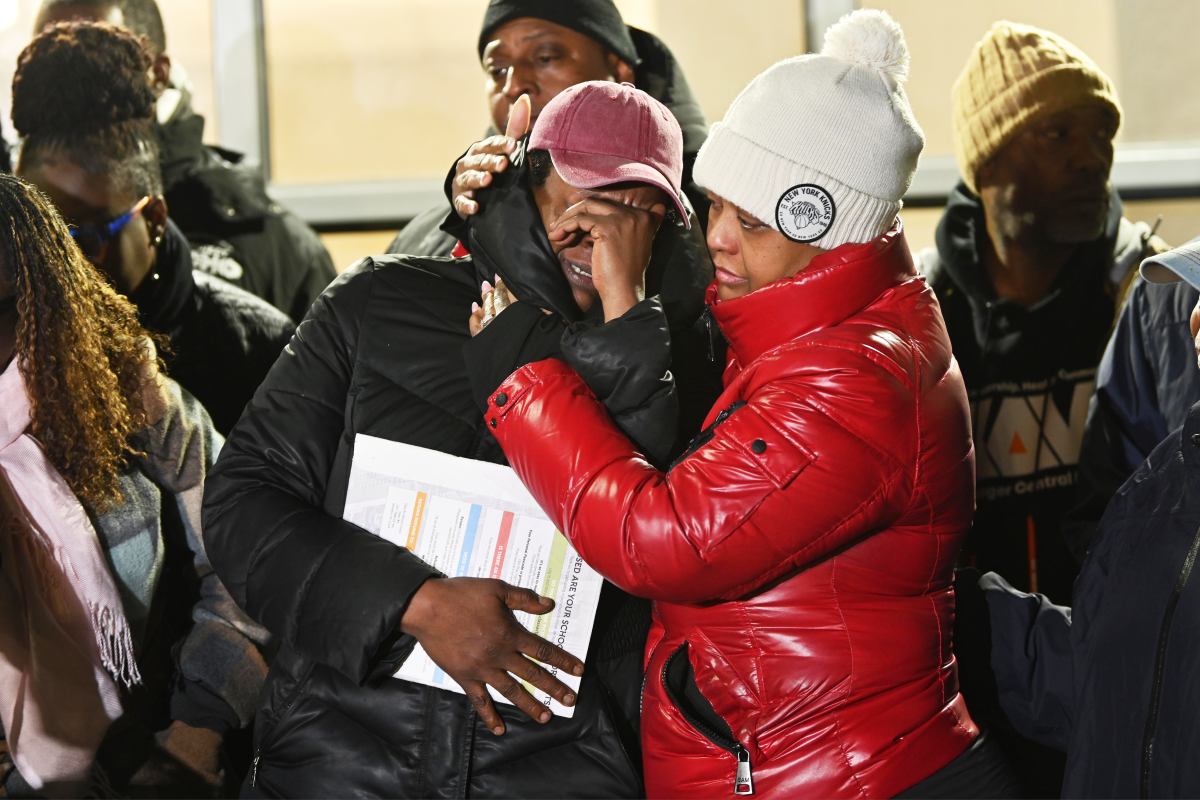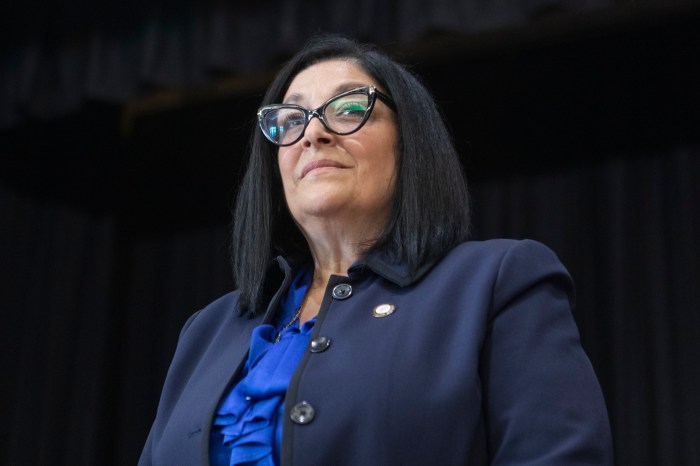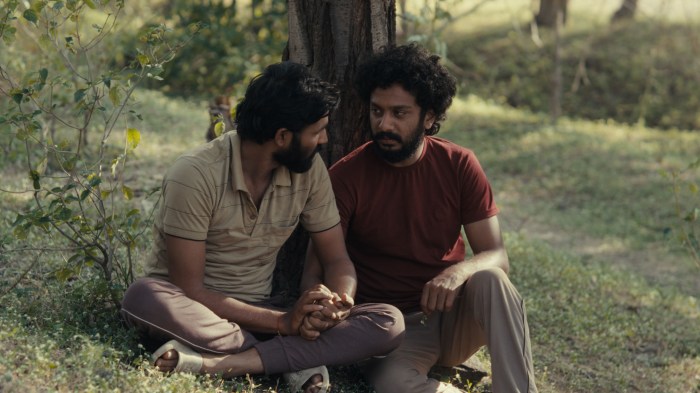Despite a reduction in penalties for marijuana possession earlier this year, police officers still arrested a disproportionally higher number of people of color than whites on low-level marijuana infractions last quarter, according to NYPD data.
Of the 291 people arrested, 273 were people of color and only 18 were white.
Overall, the number of marijuana-related arrests has gone down. According to NYPD data, officers arrested 1,117 people on the same charges this time in 2018. Only 64 of those arrests were of white people.
“While this data demonstrates that these arrests are down significantly compared to years ago, black and Latino New Yorkers are still disproportionally targeted by the police for low-level marijuana possession,” said Anthony Posada, supervising attorney at the Community Justice Unit at the Legal Aid Society.
The organization called New York state lawmakers to pass the Marijuana Regulation and Taxation Act at the beginning of next year’s legislative session. Marijuana legalization fell through last year after lawmakers were unable to come to an agreement on how to regulate the industry. State Senator Liz Krueger, primary sponsor of the bill, stated the she was optimistic about the bill’s passage in 2020.
Lawmakers were successful in further decriminalizing marijuana and made possession of marijuana under two ounces a civil not a criminal offense, expunged past convictions of marijuana possession under 25 grams, prohibited the smoking of marijuana anywhere that tobacco smoking is forbidden and lowered the fine of possession of less than one once of marijuana from $100 to $50.
“Decriminalizing was a step in the right direction, but to fully right the wrongs of the war on drugs, Albany lawmakers cannot let another session pass without taking action,” added Posada. “The human cost is too high,”



